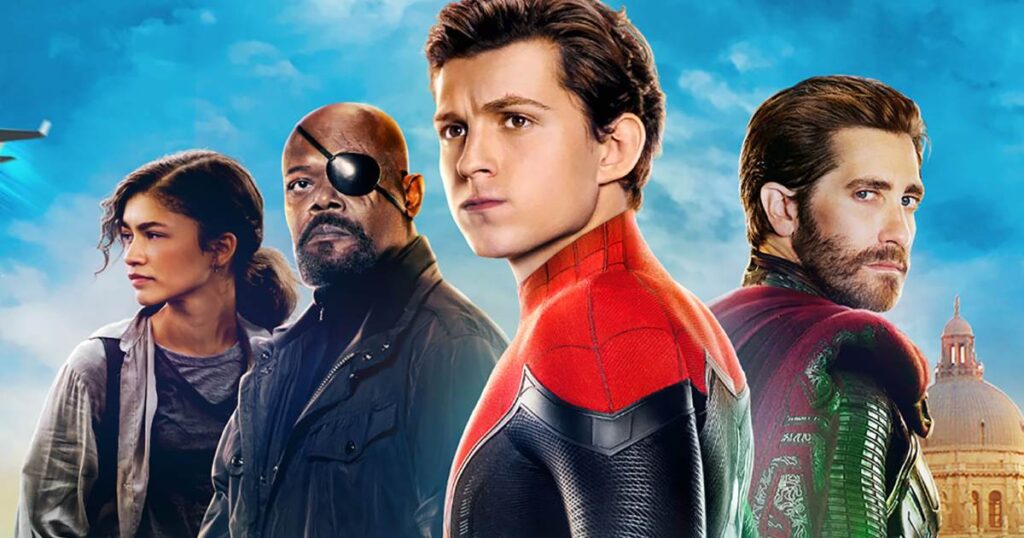
Spider-Man has been one of the world’s most beloved and recognizable superheroes for over six decades. Swinging into comic book pages in 1962, Peter Parker’s story of responsibility, loss, and heroism struck a universal chord. From Saturday morning cartoons to lunchboxes and video games, the wall-crawler has transcended generations, captivating fans far beyond the Marvel faithful.
By the late 1990s and early 2000s, Hollywood had begun taking comic book adaptations seriously, and Spider-Man topped every studio’s wish list. With his perfect balance of relatable humanity and exhilarating action, the wall-crawler seemed destined for the big screen. Yet, his journey to the cinemas was anything but simple. Before Tobey Maguire swung into theaters in 2002, the Spider-Man film rights had passed through several hands. The most pivotal moment came in 1999, when Sony struck a modest yet game-changing deal that would reshape the superhero genre for years to come.
Sony paid Marvel just $7 million to get the Amazing Spider-Man
In 1999, Marvel was still clawing its way back from bankruptcy. Desperate for cash, it began selling off film rights to some of its most iconic characters. In what now feels almost unbelievable, Sony Pictures acquired the rights to Spider-Man for just $7 million per Looper. At the time, superhero films were not guaranteed blockbusters. Studios were wary after uneven returns from earlier comic adaptations. But Sony saw the potential.
That $7 million deal gave Sony exclusive film production and distribution rights, while Marvel kept a modest slice of revenue: 5% of the box office gross for each film and a split of merchandising profits. The gamble paid off almost instantly. Sam Raimi’s Spider-Man trilogy redefined the genre, with Spider-Man (2002) alone grossing over $800 million worldwide.
By 2011, Marvel paid Sony around $175 million to regain full control over Spider-Man merchandising and shifted from taking a percentage cut to receiving a fixed fee per film, up to $35 million. This arrangement continued into Tom Holland’s era, with Marvel co-financing movies like Spider-Man: No Way Home and earning about 25% of the profits. Despite their partnership, Sony remains firm on keeping the film rights, making it unlikely Marvel will have full control anytime soon. Looking back, what started as a modest investment has become one of Hollywood’s most lucrative deals.
For more such stories, check out Hollywood News
Must Read: Superman Worldwide Box Office: Needs 20% Jump To Dethrone Man Of Steel As The #1 Solo Superman Film!
Follow Us: Facebook | Instagram | Twitter | YouTube | Google News
Content shared from www.koimoi.com.

